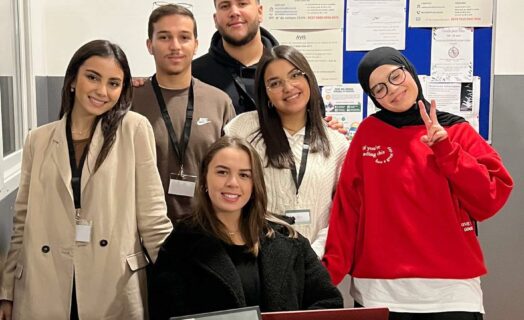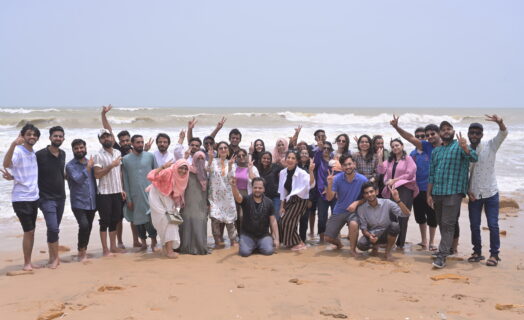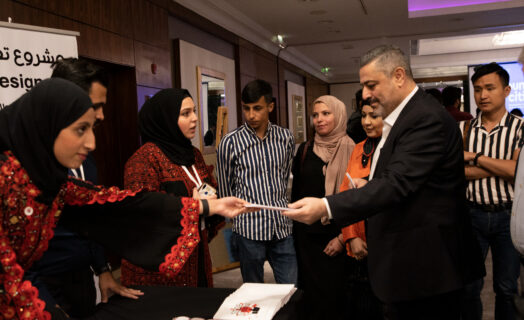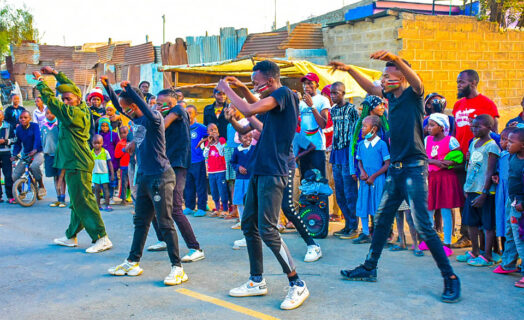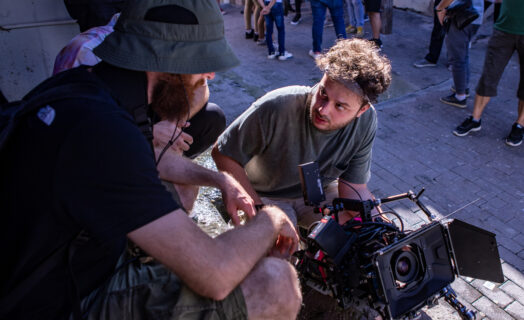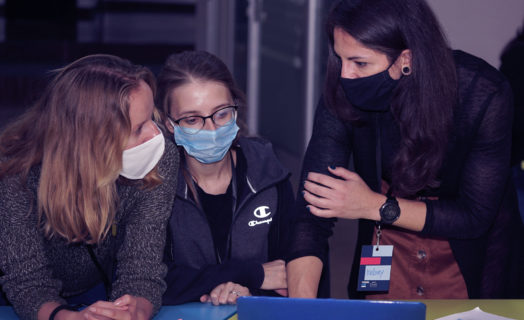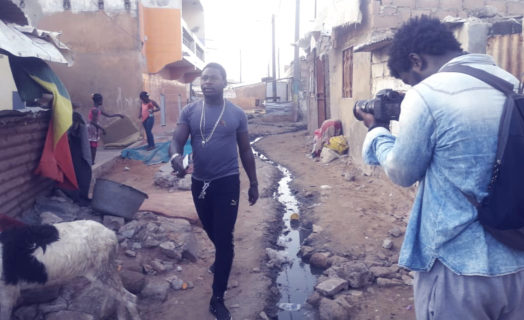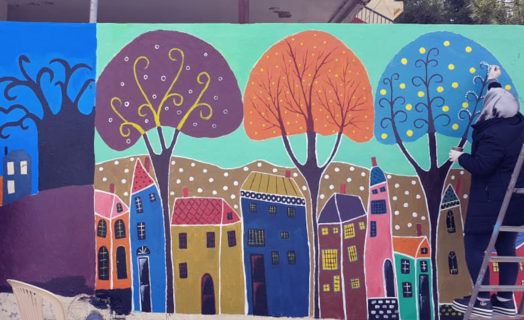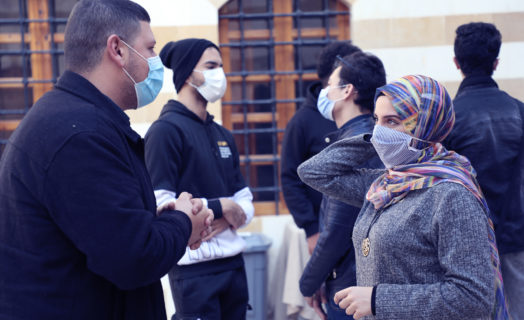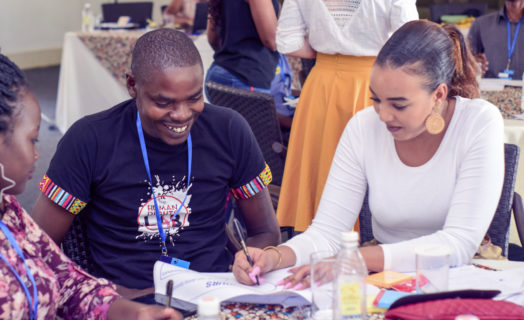Our Impact in Kwale County
We aim for relevant and strategic impact at scale. Working closely with young people in identifying the needs of their communities and the challenges they face, we ensure that the solutions we support them in developing are targeted and sustainable.

Preventing Crime through Trust-Building, Youth Empowerment and Play
Young Cities-supported initiatives are helping to reduce crime and encourage better relationships with the police.
Among the challenges facing Kwale County, the risk of young people joining gangs ranks among the most pressing. The vulnerability of young people being recruited into these groups is compounded by factors such as a lack of trust between them and police, a lack of alternative opportunities and low resilience to the allure of juvenile crime at a young age.
Young Cities has supported the development of three projects over the past two years, led by young activists who identified these challenges and are working to address them. Samba Sports Youth Agenda, used football to connect with more than 300 boys. The Blueprint Initiative inspired young people through music and local success stories to forge new pathways to success. And TLM has created a music video to educate young men about their rights and encourage positive behaviour during encounters with the police.

Devolution and You(th)!
One team has launched two projects to improve youth participation in Kwale’s devolution process.
Devolution has the potential to enhance the role of citizens in guiding how their cities are governed. However, since the process began in 2010, many young people felt that they were either marginalised from the process or had too little understanding to fully participate.
Through our Ambassador Grant, Derin Peace Network has received two rounds of funding and support – first in Kubo-South Ward then a year later in Lunga-Lunga sub-county – to address these challenges and get more young people involved in political processes in Kwale.
Derin surveyed over 250 young people across the two projects, to measure their current levels of understanding of the devolution process. Using their findings, they designed the methodology for several civic education workshops for 110 more.
From almost zero understanding of devolution processes, public participation and how Kwale County’s fiscal cycles work, workshop participants scored between 70-90% on knowledge tests by the end of the programme.































